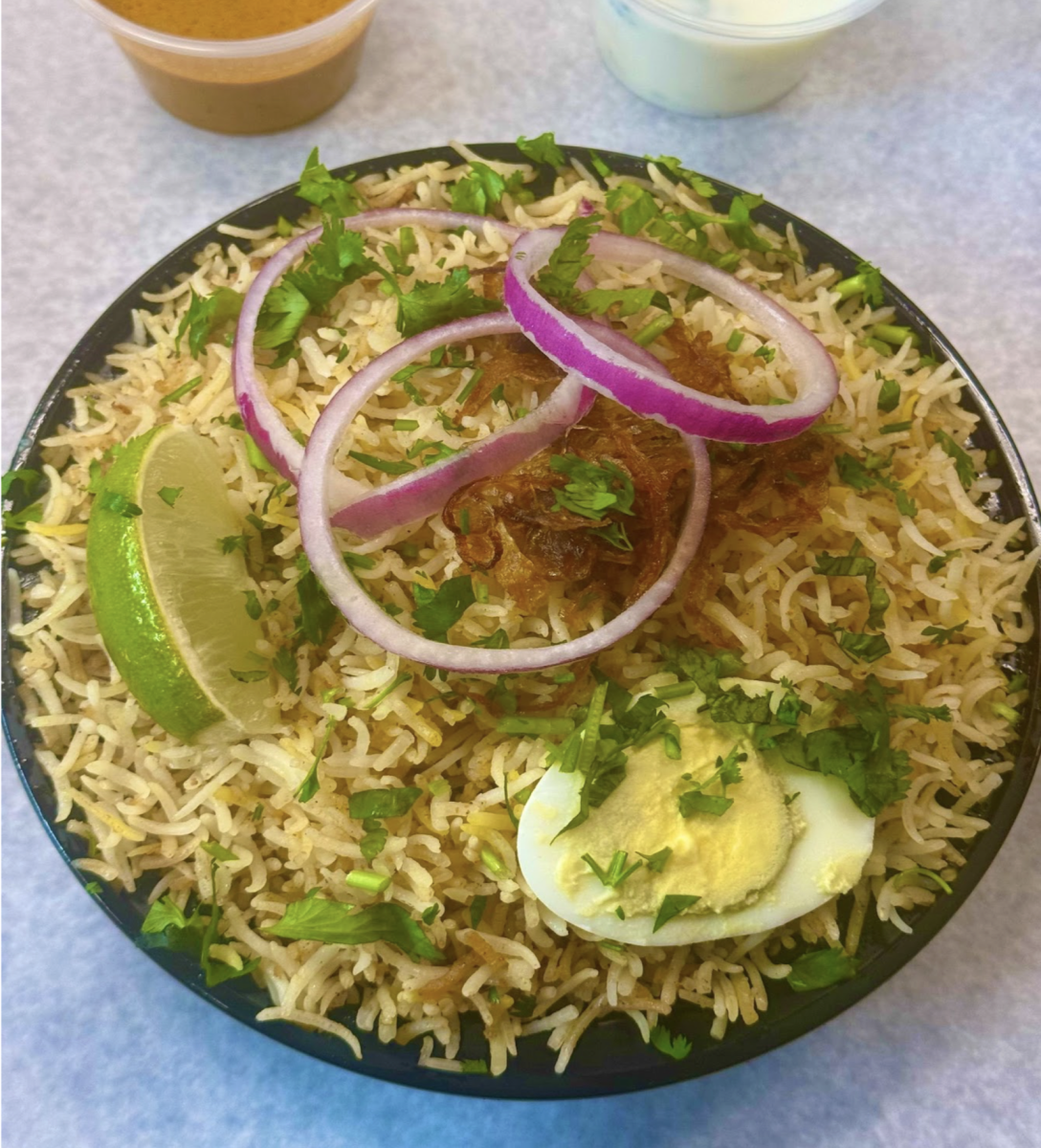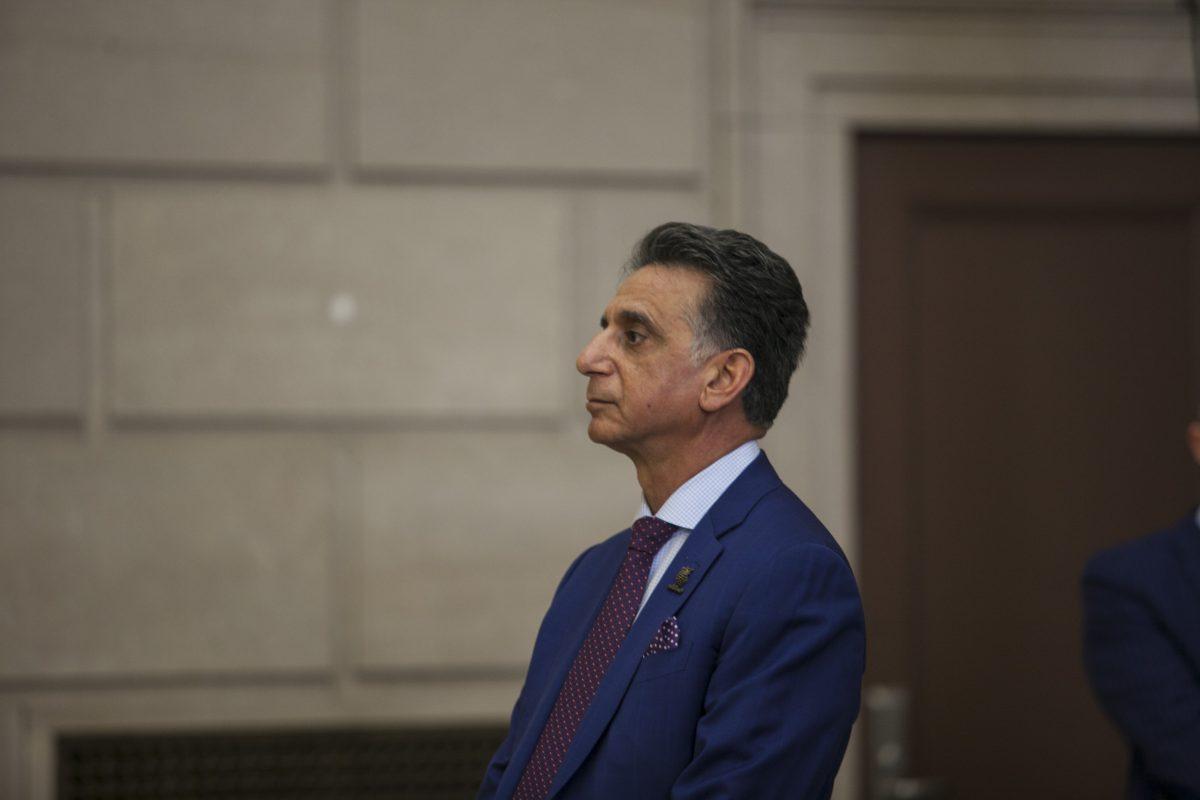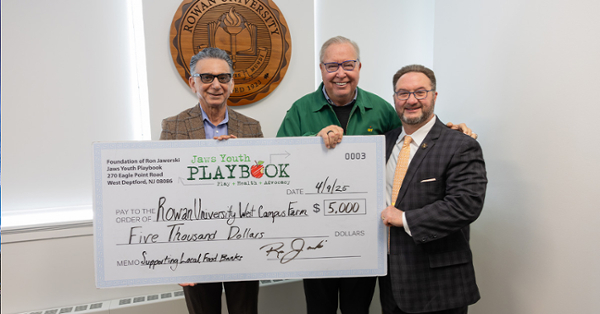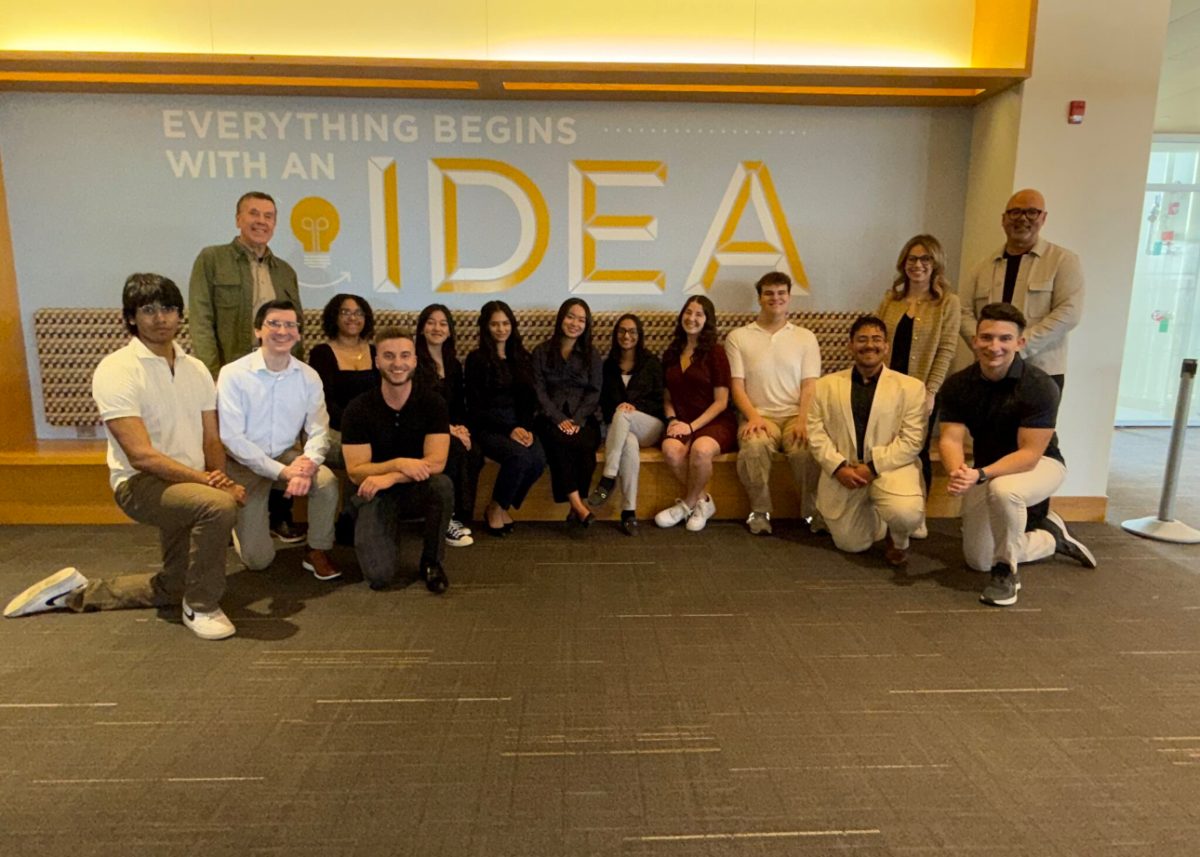On February 17, the Rowan University Board of Trustees held a tuition hearing, where Rowan University President Ali Houshmand announced a tuition freeze for the 2021-2022 academic year, identical to the previous freeze in 2020.
“The issue of the cost of education is very serious; a perfect storm for everybody, for higher education and our students. The borrowing is harder, many people have lost their jobs and tuition fees are high,” Houshmand said. “Unfortunately, most of the institutions in this country are heavily tuition and fee-dependent; without it, we simply can’t function even though we get a subsidy from the state.”
Houshmand emphasized the importance of frugality to avoid balancing the budget on the backs of Rowan’s students.
“That’s the best we can do to keep [tuition and fees] flat while cutting other aspects of the university or making them more efficient. I will continue my aggressive effort in finding various sources of revenue that I can direct towards student support,” Houshmand said.
Student speakers from the Rowan University School of Osteopathic Medicine (RowanSOM) signed up to advocate on behalf of their fellow students. They shared their perspectives on the financial and mental strain that high tuition puts on them.
Anjani Patel, a third-year medical student at RowanSOM and the student council president was one of the students who volunteered to address board members on this issue.
According to Patel, from 2016 to 2020, the number of out-of-state students at RowanSOM has more than doubled from 47 to 116. That means out-of-state students currently make up roughly 14% of all RowanSOM students.
“In that time span [of 2016-2020], RowanSOM has now become the most expensive public osteopathic medical school in the United States for out-of-state students. Recently we became the most costly medical school education in the state of New Jersey,” Patel said.
Patel called on the board members to freeze tuition and offer out-of-state students the opportunity to pay in-state tuition after living in New Jersey for one year.
In 2013, the University of Medicine and Dentistry of New Jersey became RowanSOM. With the transition into Rowan’s umbrella, the school lost the option for out-of-state students to pay in-state tuition after one year of residence in New Jersey. Patel and others want to see it come back now more than ever.
Virginia native and first-year RowanSOM medical student Ekrem Cetinkaya is a first-generation Turkish-American student and the first member of his family to become a medical student. He shared his story with the board members, highlighting the significant burden many students like him face.
“In May of last year, I moved from the state of Virginia to Cherry Hill, New Jersey to attend RowanSOM. Looking back, it was the best decision I ever made,” Cetinkaya said. “As someone with no family support coming from a disadvantaged background, I have had to take out loans for education and life expenses for myself and my wife.”
Since Cetikaya is an out-of-state student, he states that he will take out loans totaling roughly $300,000 by the end of his medical education at RowanSOM, which covers tuition and living costs.
“After completing my medical education, I hope to stay in the community which has taught me so much. However, this dream and ambition are being crushed by my loans, and the question of how I will be able to help those in need while maintaining a roof over my head grows each day,” Cetikaya said.
Melvin Ways, a second-year RowanSOM student, spoke on behalf of the RowanSOM Black Collective student-alumni organization. Ways stated that the RowanSOM Black Collective’s goal is to research mutually equitable solutions for RowanSOM to fulfill its mission to increase minority and out-of-state enrollment.
Ways stated that RowanSOM Black Collective’s research on the fiscal year of 2019 revealed that, on average black students carry a $15,560 difference in financial burden, despite being outnumbered 6-to-1 by their non-Hispanic white counterparts.
“A notable contributing factor is that 55% of these students pay out-of-state tuition. For this, it is not about financial security but also emotional well-being and, ultimately, our success as physicians,” Ways said. “The enormity of these challenges further complicate the rigors of medical school in ways that merit the struggles of preceding black physicians in America.”
“It is enigmatic that Rowan’s mission is to seek to train and retain physicians to serve the underserved communities of New Jersey while simultaneously placing a financial shackle on those who would ultimately migrate to live in New Jersey for the duration of their training,” said Ways.
Some students pleaded with board members for more drastic measures than just a freeze on tuition, like second-year RowanSOM student Jesse Benzell, who stated that the high cost of education can no longer be justified.
“The truth is that all of the raw information provided by a college or graduate education is available for free, or for a nominal amount, through open access programs on the internet. How then can a six-figure education be justified? What is it that the university provides to a student? Is it merely a badge of normalcy and competency to sit for professional examinations, or is it a status symbol afforded only to the rich?” Benzell said. “Lowering, not just freezing, tuition must be the single highest priority because the alternative is shackling students to distressing and disabling quantities of debt. The current tuition is exploitive, abusive, and demeaning.”
For comments/questions about this story, email [email protected] or tweet @TheWhitOnline.






















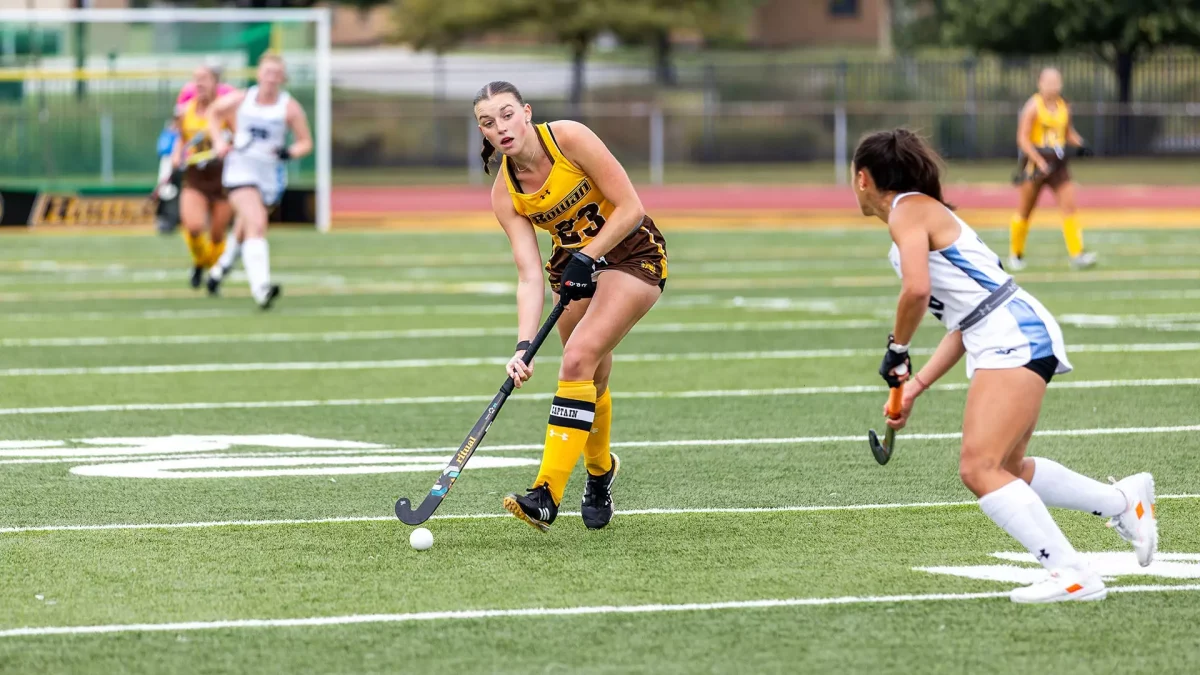

































































































































!["Working with [Dr. Lynch] is always a learning experience for me. She is a treasure,” said Thomas. - Staff Writer / Kacie Scibilia](https://thewhitonline.com/wp-content/uploads/2025/04/choir-1-1200x694.jpg)












